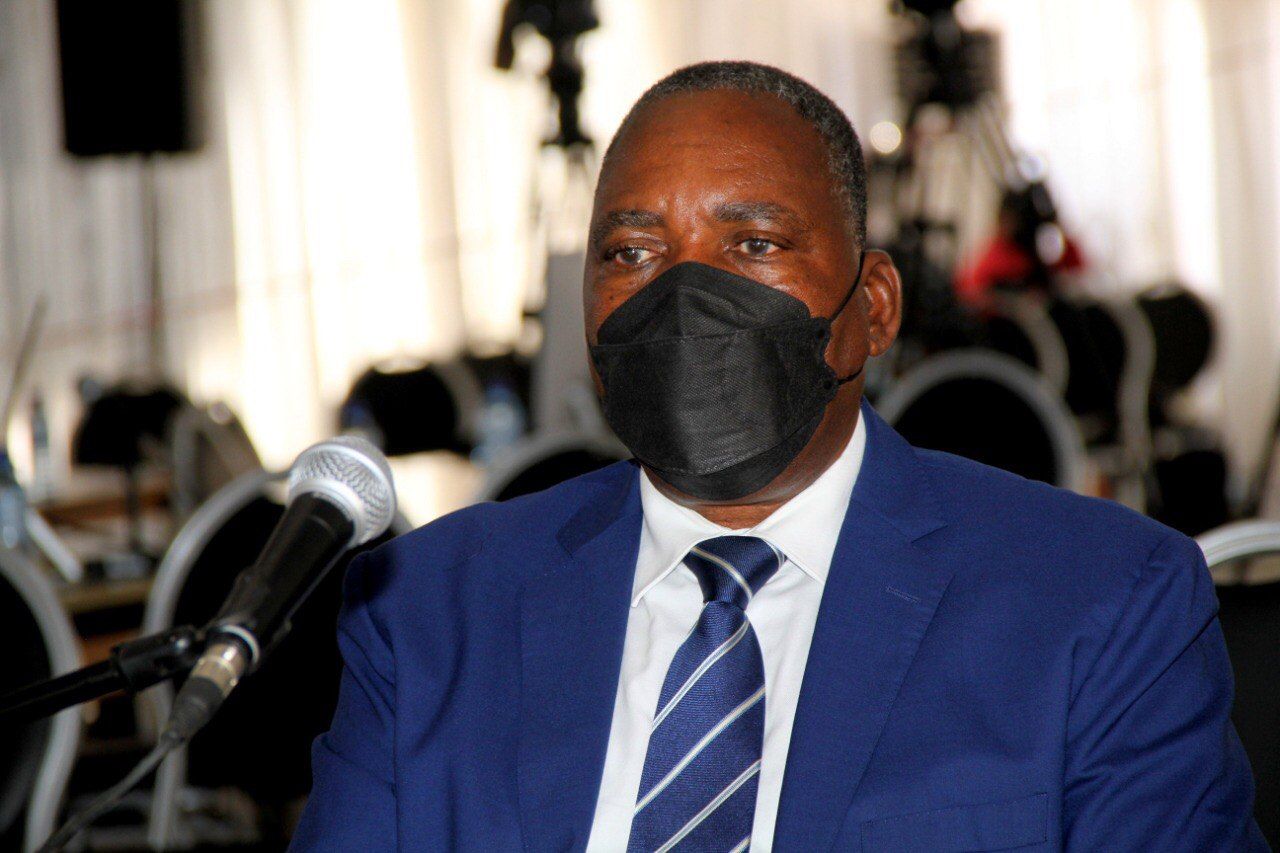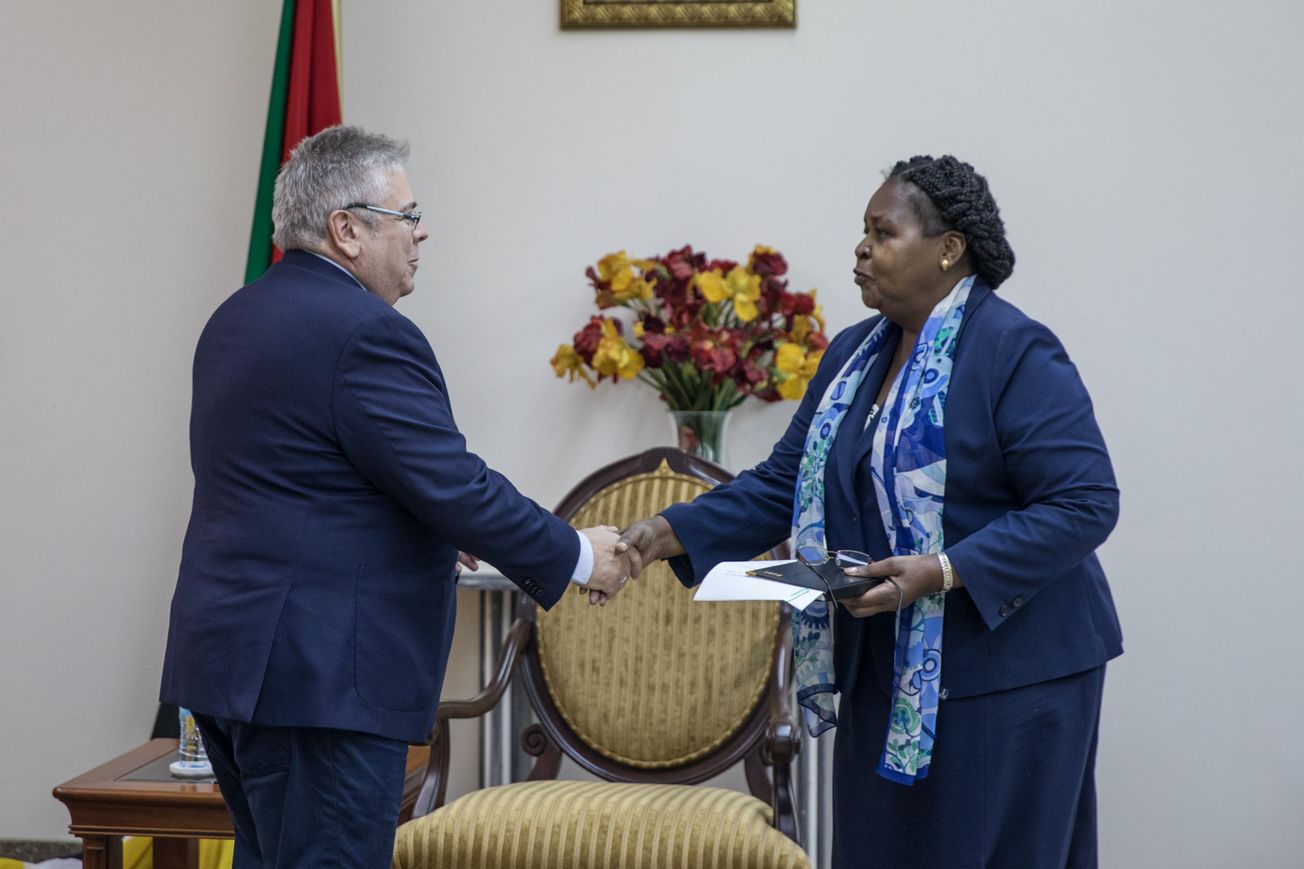Mozambique Political Process Bulletin 74: Four provinces block observation - will voters stay as check on count?
Even the Catholic Church has been denied election observation credentials in Tete, where there is a concerted effort to prevent independent electoral observation








